

Thursday, May 4 | 10:00 am

Thursday, May 4 | 10:20 am
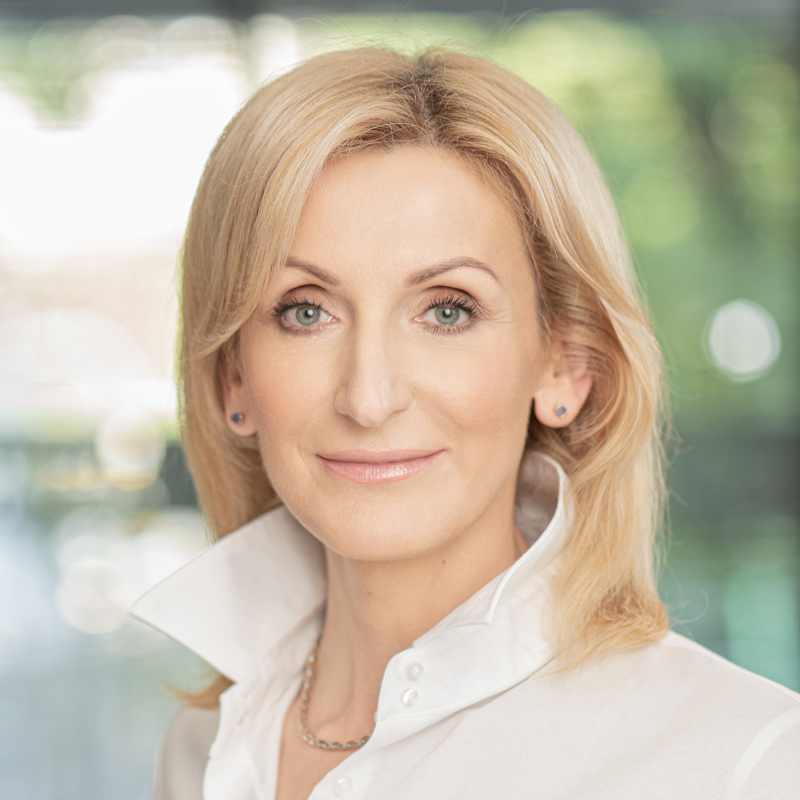
Thursday, May 4 | 10:40 am

Vision and Mission – establishing longevity medicine as a clinical department.
Thursday, May 4 | 11:20 – 11:40 am
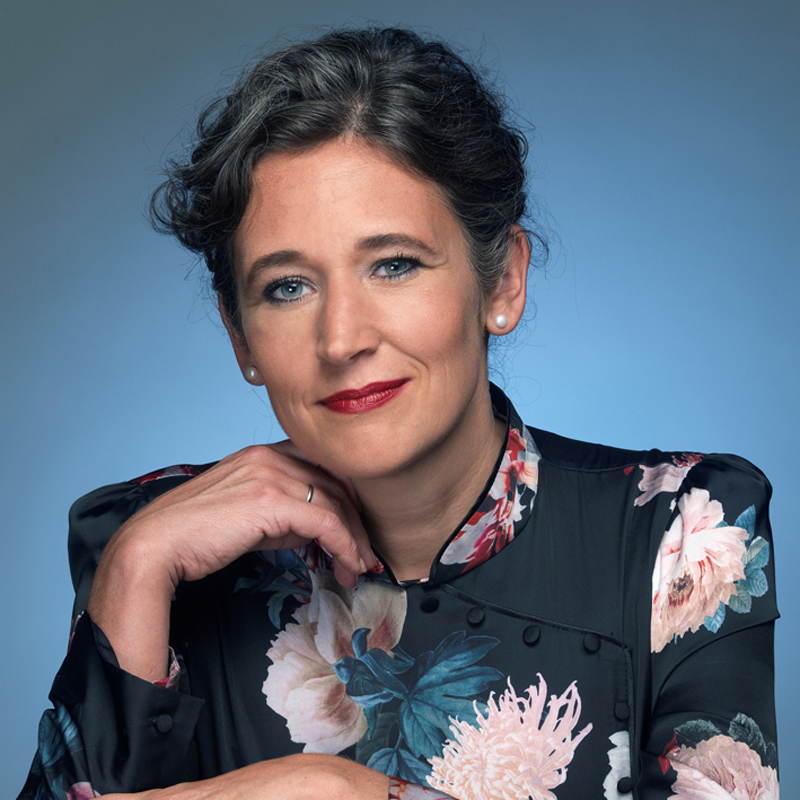
Thursday, May 4 | 11:40 – 12:00 am
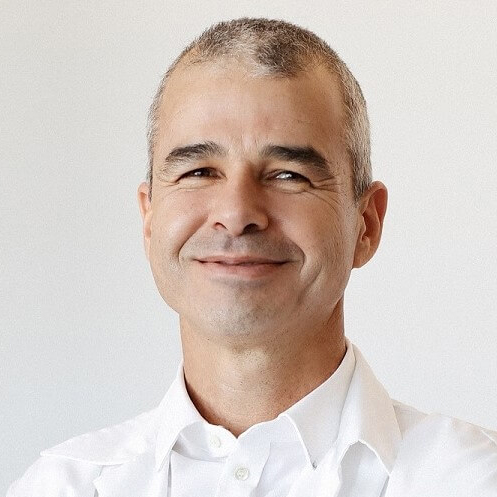
Thursday, May 4 | 12:00 – 12:20 pm
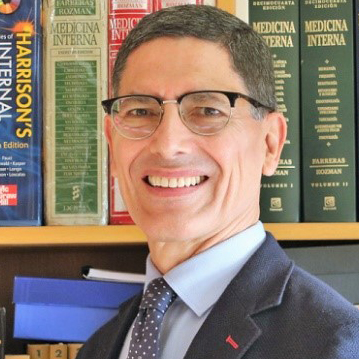
Thursday, May 4 | 15:20 – 15:40 pm
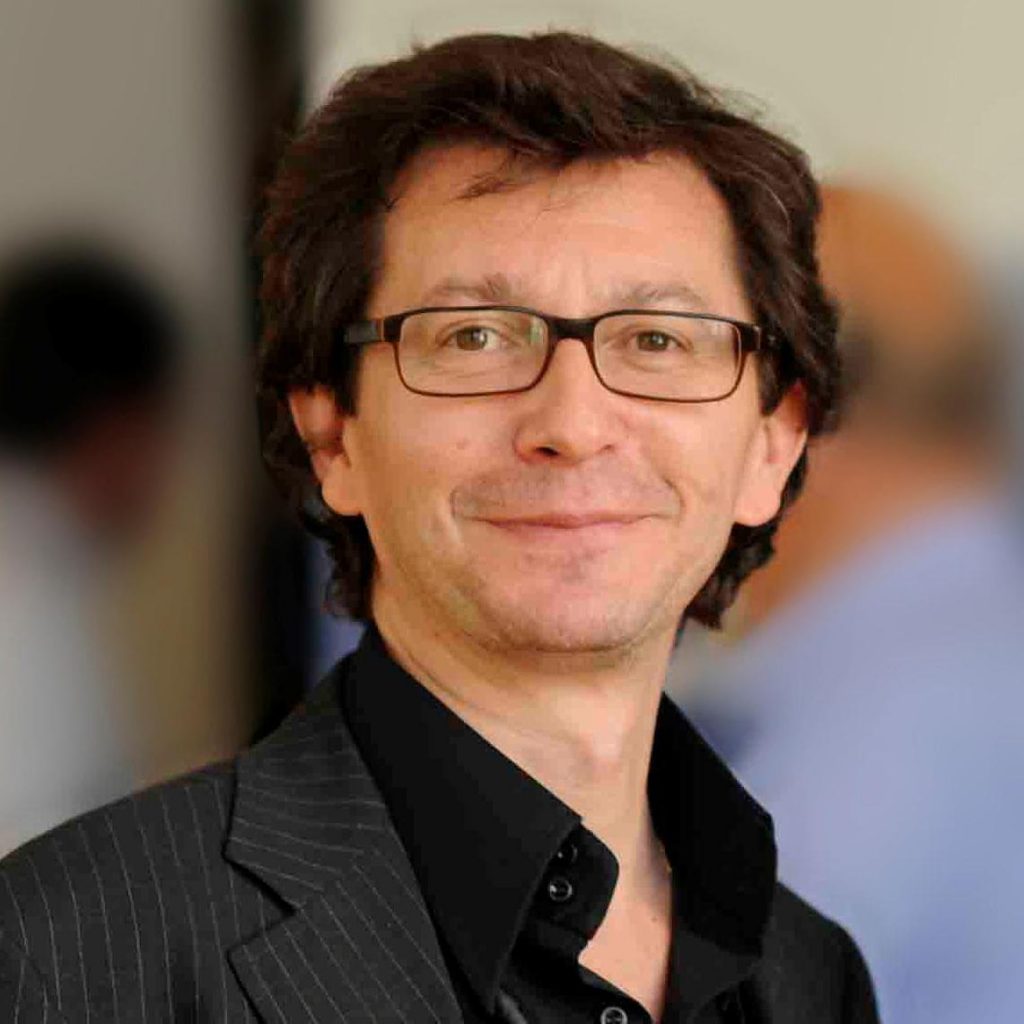
Cell aging, also known as cellular senescence, was first demonstrated to be caused by telomere shortening and dysfunction. It is now well stablished that short and damaged telomeres are associated, often in a causative manner, with several age-related severe human diseases and aging itself. Nevertheless, so far we lacked the means to blunt the consequences of telomere dysfunction. We will discuss an innovative approach, presently in preclinical development, effective in a variety of animal models of accelerated aging and age-related disorders.
Thursday, May 4 | 16:30 – 16:50 pm
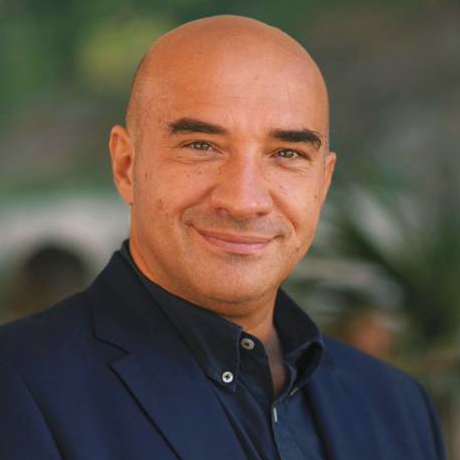
The majority of proteins that evolved after appearance of multicellular life are glycosylated and glycans significantly affect structure and function of these proteins. However, due to structural complexity of glycans and the absence of a direct genetic template, the analysis of protein glycosylation is much more complicated than the analysis of DNA or proteins. Consequently, the knowledge about the importance of individual variation in glycans for both normal physiological processes and diseases is still limited. By generating glycomic data for over 150,000 individuals from some of the best characterized clinical and epidemiological cohorts we enabled glycomics to meet other ‘omics. Changes in glycosylation have been observed in numerous diseases, often even before other symptoms of a disease appeared, indicating that they may reflect early steps in the molecular pathophysiology of many complex diseases. Glycans are not only biomarkers, but also functional effectors that modulate protein function and initial data from intervention studies and animal models suggest that reversing changes in glycosylation may decrease the disease risk.
Thursday, May 4 | 16:50 – 17:10 pm
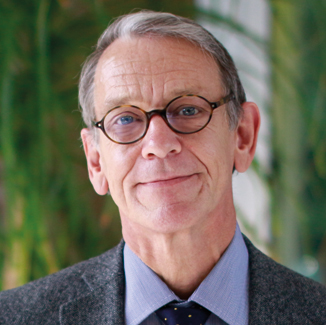
Background: Selenium and coenzyme Q10 are both important for optimal function of all living cells. It is known that a decreased level of either – or both – substances increases the risk for diseased patients. It is also known that the ageing process in the cardiovascular system results also in increased inflammation and oxidative stress. We wanted to evaluate if supplementation with selenium and CoQ10 could influence the ageing process of the cardiovascular system, and also mortality.
Methods: 443 elderly community living persons were included. On top of their usual medication, if any, they received selenium 200 micrograms/day, and coenzyme Q10 200 mg/day during 4 years. The follow-up time is now 12 years. Evaluations of cardiovascular mortality has been performed. As the ageing process is complex, we wanted to cover different aspects of the process. Therefore, we performed sub-analyzes involving endothelial dysfunction, inflammation, fibrosis, and apoptosis and metabolic profiles. We also evaluated expression of microRNA and different biomarkers involved in the ageing process. Finally, we analysed the telomere length of the chromosomes.
Results: Significant reduced cardiovascular mortality could be demonstrated in the active treatment group after 5 years, 10 years and 12 years. Highly significant differences in biomarkers for inflammation, fibrosis and apoptosis could be demonstrated. Significant differences in expression of microRNA, in metabolic profiles, but also in the length of telomeres could also be reported, and finally also regarding the “ageing” biomarkers.
Conclusion: The supplementation with selenium and coenzyme Q10 results in significantly reduced mortality that can be seen also after 12 years. This is the result of a complex mechanism in the body, where the ageing process of the cardiovascular system is central. All pointing in the direction, that in those who are low in selenium and coenzyme Q10, supplementation could slow down the accelerated ageing of the cardiovascular system that results. Finally, we could demonstrate reduced mortality also after 12 years as a result of the supplementation with selenium and coenzyme Q10.
Thursday, May 4 |17:30 pm
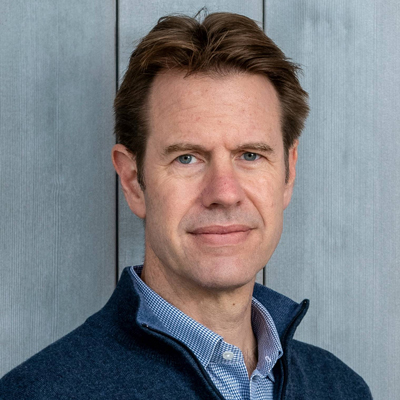
Thursday, May 4 | 17:50 pm
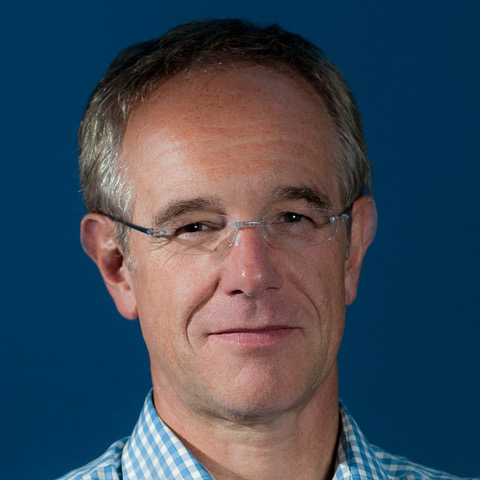
I will review recente progress in the study of the aging immune system with a focus on senescence and epigenetic regulation.
Friday, May 5 | 09:00 – 9:20 am
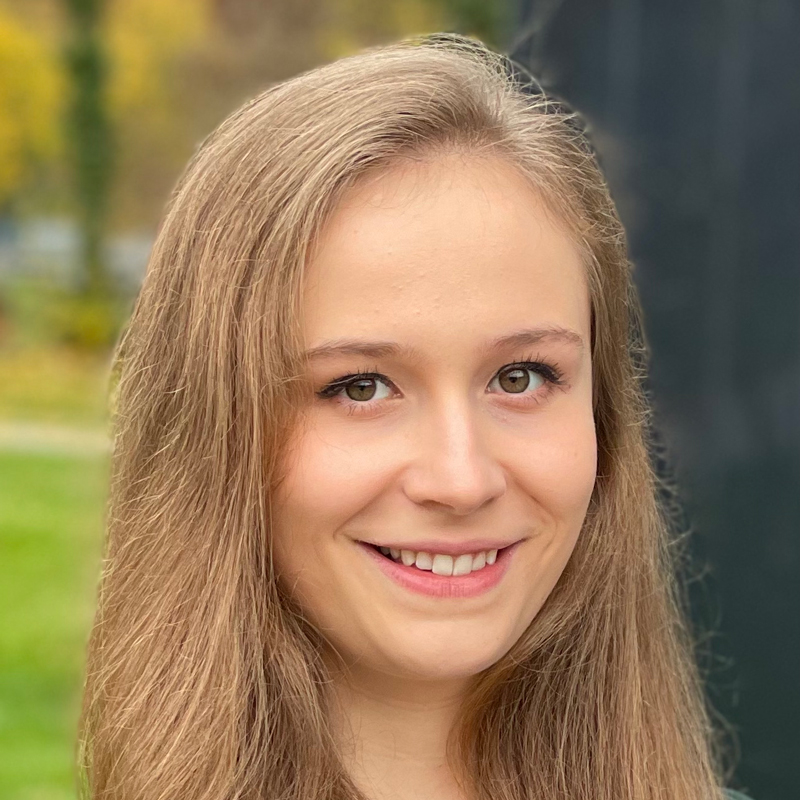
Friday, May 5 |9:40 – 10:00 am

Stem cell therapy and research are offering new benefits to patients with limited treatment options offered through traditional methods. Regenerative medicine centers all over the world are working on different cell types to meet this need. Selecting a suitable cell type and tissue source for human clinical applications in the field of regenerative and anti-aging medicine is an important challenge. The ethics issues around the embryonic cells tumor formation, and rejection make it a less interesting candidate for clinical applications. Other sources of stem cells are induced pluripotent stem cells (iPS cells). There are still several issues on the processes adopted to produce the iPS cells from adult stem cells for therapeutic purposes that limit their utility. In sharp contrast, progress with adult stem cells has been impressive. Since mesenchymal stem cells (MSCs) can be easily harvested from the adipose tissue and can also be cultured and expanded in vitro they have become a good target for tissue regeneration. They have a broader differentiation capacity than previously thought, since they give rise to cell types of multiple tissues. The continuing debate here is about what cells, allogeneic or autologous, are the safer option for clinical applications. Over the past few decades, allogeneic stem cells have been recognized as good sources of stem cells for transplantation. However, despite several advantages and the high therapeutic potential of this approach, there are important concerns related to long-term side effects, regulatory-compliance, immunogenic response and infection incidence rates. In contrast, cell-based therapies based on autologous cells derived from adipose tissue offer exceptional high safety profile and clinical outcomes.
Friday, May 5 | 10:50 – 11:10 am
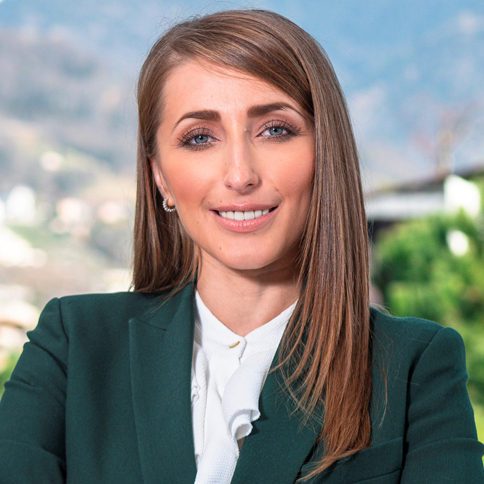
While aging, your metabolism gradually slows down. As a result, your body absorbs fewer nutrients and lowers cell turnover. It may need help to cope with it. Precise nutrients and actives may slow damages to chromosome, improve function of mitochondria, protein quality, and other aspects of cellular integrity. Holistic Health are longevity supplements that goes beyond basic wellness support to target the complexity of health and aging mechanisms. We´ve been able to prove that they have a protective effect: they decrease telomere-shortening rate, an important hallmark of aging.
Thursday, May 5 | 12:30 – 12:50 pm
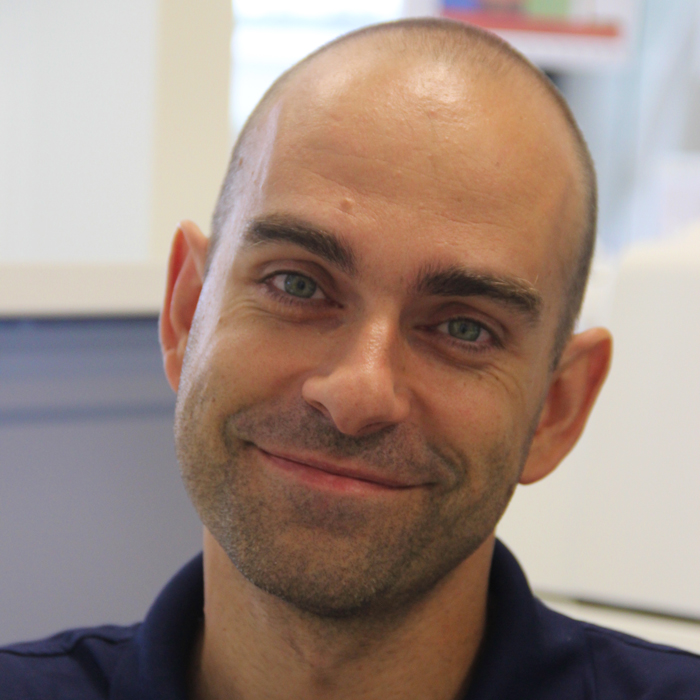
The natural process of aging is accompanied by an increased incidence of chronic and acute diseases. Several key time-points in human life can determine the rates of tissue aging, directly impacting the pathophysiology of different diseases. This talk will highlight our research on in utero programming of human aging rates and impact on the development of different diseases, as well as highlight the critical role of mitochondria as one important regulator of the aging process and target for interventions to delay its related complications.
Friday, May 5 | 12:50 – 13:10 pm
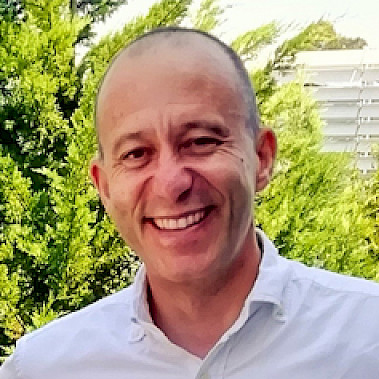
Friday, May 5 | 16:10 – 16:30 | Auditorium
Friday, May 5 |16:40 – 17:00 pm
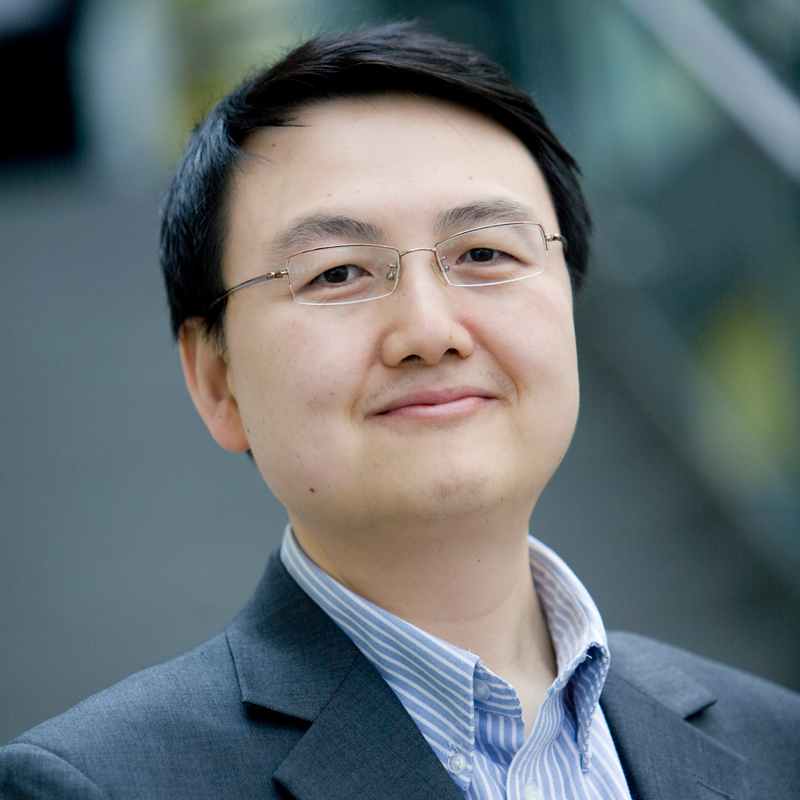
Friday, May 5 | 17:20 – 17:40 pm
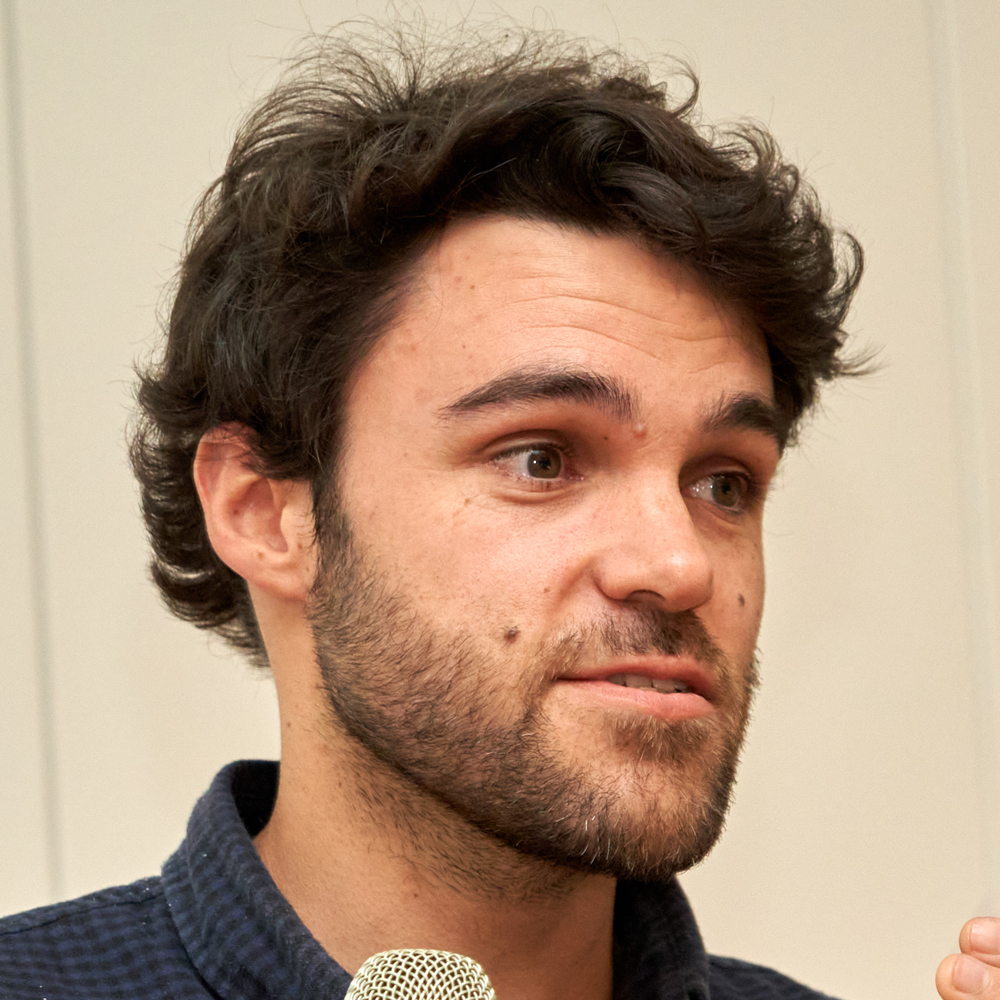
Friday, May 5 | 18:00 – 18:20 pm
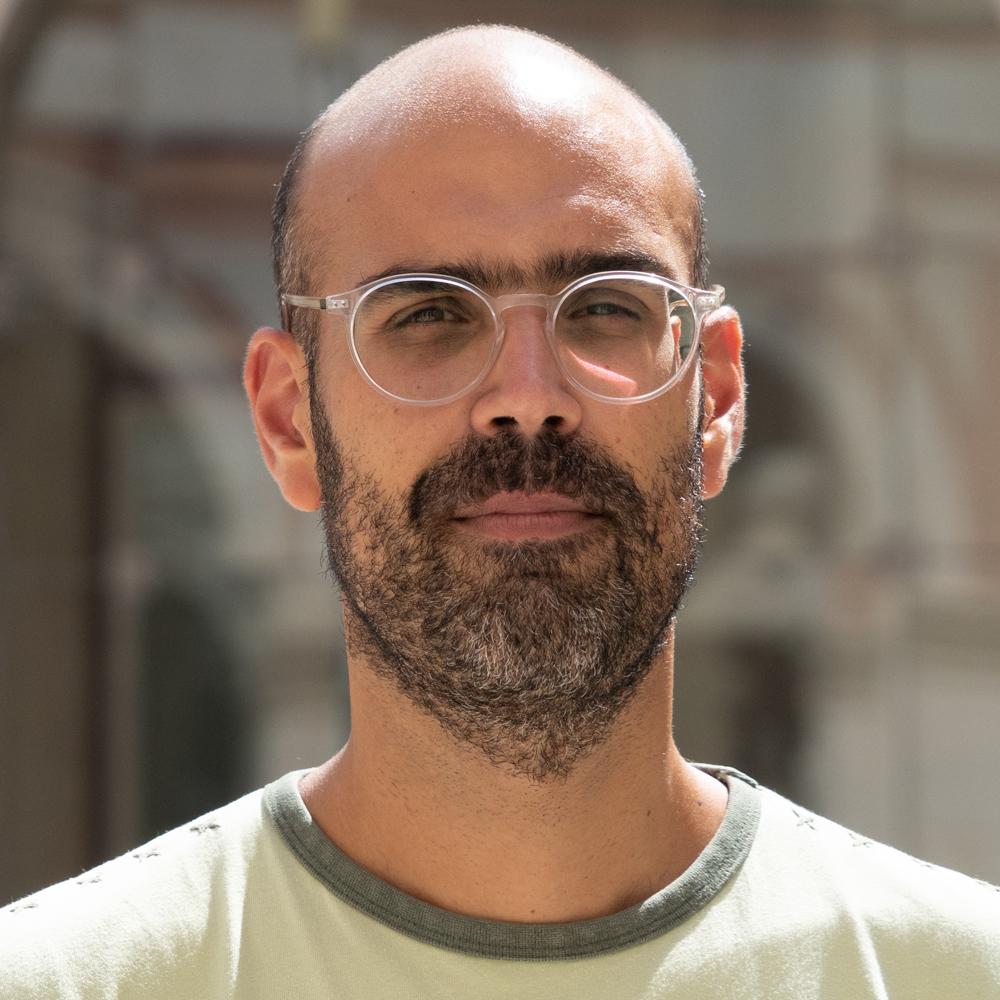
Sign up to receive the Longevity Med Summit
updates and more
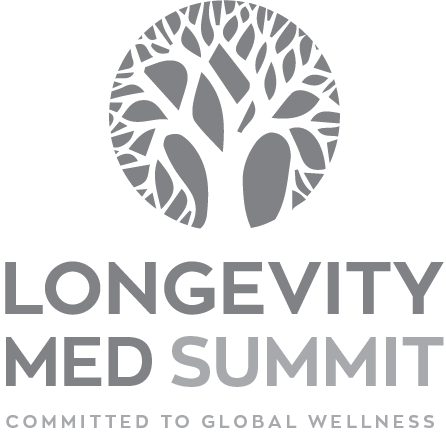
Youtube